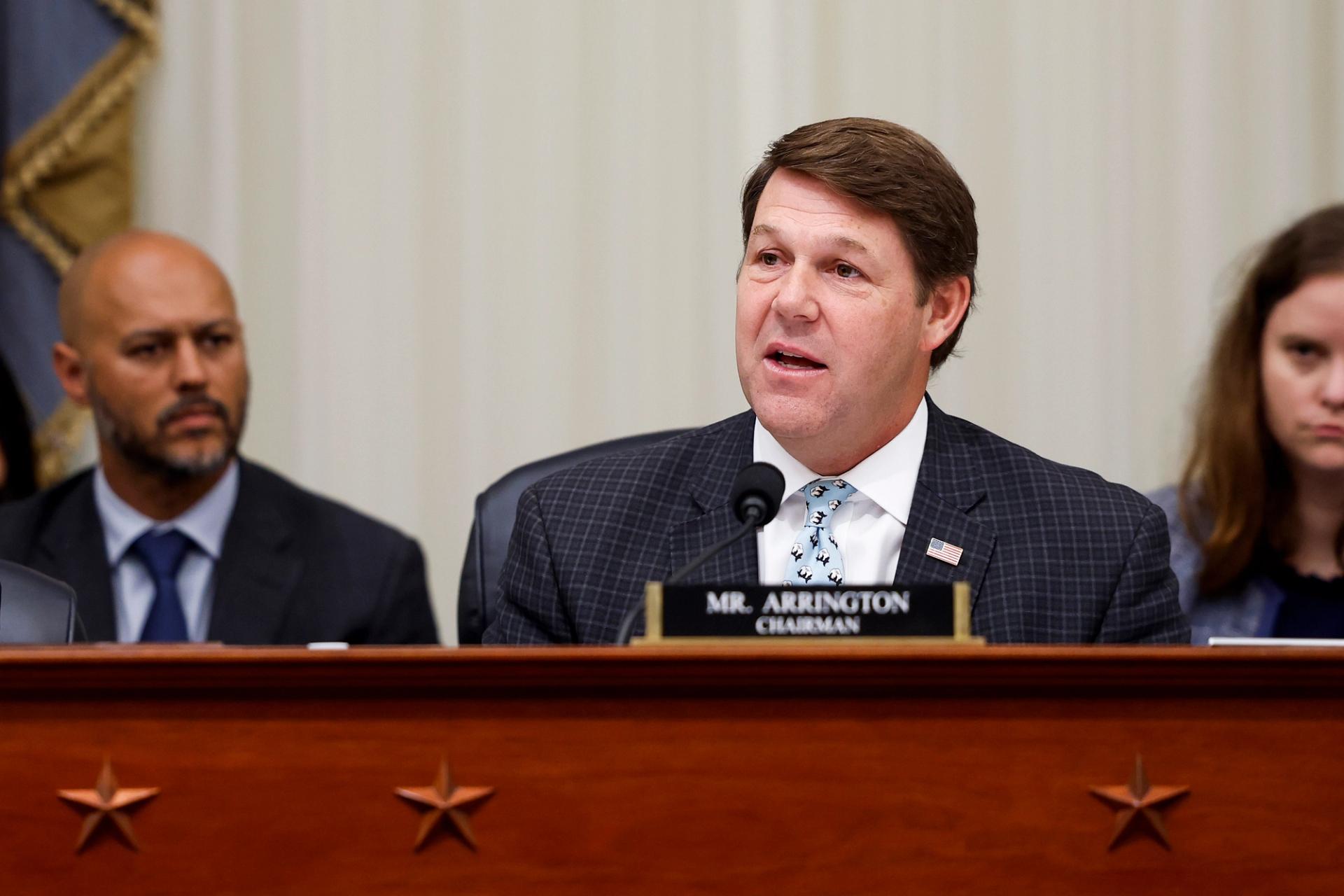The News
The chair of the House Budget Committee has a message for his fellow Republicans: If they ever want to fix Washington’s finances, they’ll have to talk about raising taxes.
“It’s only fair to have both revenue and expenditures on the table,” Rep. Jodey Arrington, R-Texas recently told Semafor as he discussed his push for a bipartisan fiscal commission to deal with the country’s red ink. “The last time there was a fix to Social Security that addressed the solvency for 75 years, it was Ronald Reagan and Tip O’Neill, and it was bipartisan. It had revenue measures and it had program reforms. That’s just the reality.”
Know More
At a moment when Washington’s eyes are mostly glued to the endless battle over this year’s budget, Arrington has been using his perch to tackle longer-term projects. The fiscal commission he’s championed would be charged with crafting a plan to stabilize the federal debt as a share of the economy and keep the Medicare and Social Security trust funds solvent for the next 75 years.
The idea appears to have some momentum, at least in the House, where the Budget Committee approved legislation to create the commission last month. At the time, three Democrats joined 19 Republicans to greenlight the bill. Speaker Mike Johnson has also backed the proposal publicly, and there’s talk of trying to attach the measure to a must-pass bill by the end of this year.
But the commission also faces strong resistance from both Democrats on the Hill and influential Republican activist groups. “There is a real concern out there that this commission will be called the ‘Cut Social Security Commission,‘” Rep. Lloyd Doggett, D-Texas, said last month after the Budget Committee vote. Americans for Tax Reform and several other conservative organizations meanwhile released a letter attacking the commission as a “trap designed to get Republican fingerprints on a tax increase in exchange for ‘spending cuts’ that never materialize.”
Arrington said those attacks show “why you need to depoliticize” long-term deficit reduction by establishing a commission. The issue has “been so weaponized on all sides, that we get nowhere,” he told Semafor.
Step Back
Of course, Washington has seen versions of this movie before. The blue ribbon Simpson-Bowles commission famously failed to approve its own plan in 2010; Democrats on the panel blanched at its cuts to social spending, while some Republicans objected to its tax increases or argued it did too little to rein in health expenditures. President Obama and Speaker John Boehner’s push for a “grand bargain” on the deficit similarly crashed in 2012, in part because Republicans declined to accept tax increases.
For their reboot, Arrington says lawmakers have tried to learn lessons from Bowles Simpson. The new commission, for instance, would only need support from a simple majority of its members to send its plan to the House and Senate floors for a guaranteed up or down vote without amendments or the chance to filibuster (Bowles-Simpson required a supermajority).
Still, there’s plenty of skepticism that this time would be any different. (The fact that Donald Trump has opposed cuts to Social Security and Medicare probably doesn’t help the commission’s cause).
“I believe they’re well-intentioned. I honestly do,” Rep. Dan Kildee, D-Mich., a Democrat on the Budget Committee, said of the proposed commission’s supporters. “They’re very sincere. I just know the Republican Party in 2024 is not about to raise taxes on the wealthiest Americans, whether a commission says they should do it or not.”
True believers hope external events will eventually force both sides out of their corners. Arrington argues the pressure for a bipartisan budget solution, since both the Social Security and Medicare trust funds are projected to go insolvent within a decade, at which point they won’t be able to pay full benefits.
“Without discussing the revenue side, you will never have a commission and you will never have Democrats show up for a consensus solution,” he said. He later added that, “The only other alternative is you’re going to have to have an 11th-hour deal when the roof is going to cave in on those programs.”
